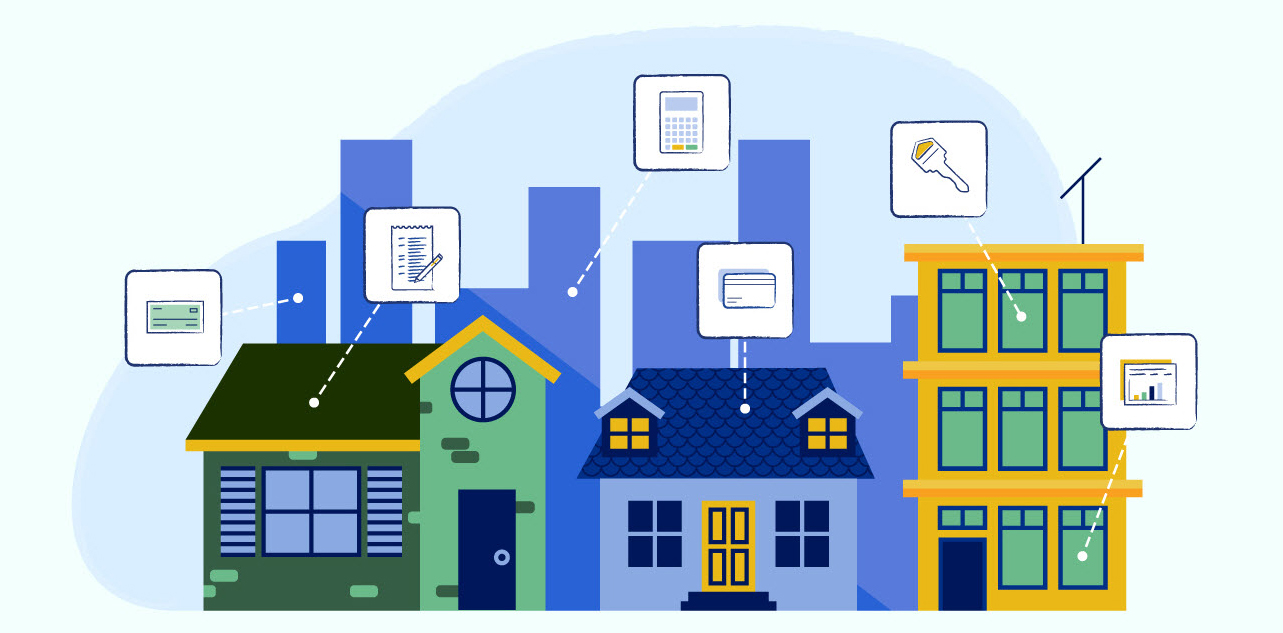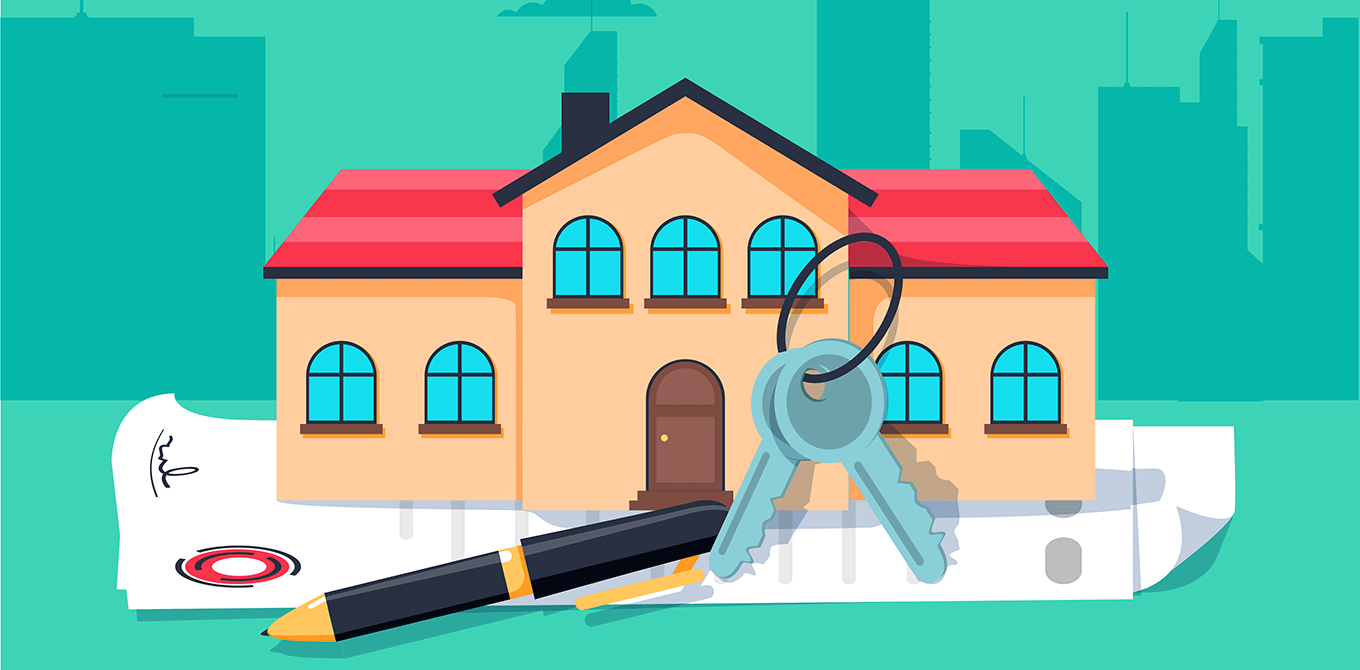4 Questions to Ask Before Becoming a Homeowner
Buying a home is considered one of life's big milestones. It's an opportunity to establish your roots in a much-beloved community, build long-term wealth for you and your family, or perhaps, it's a necessity if you're moving to a new area.
You may be looking to buy a home for several reasons, but there are four questions that every aspiring buyer should ask before jumping into the market.
Is buying a home the right choice for you?
Before purchasing a home, it's a good idea to take a 360-degree look at your personal and financial life. The following considerations should influence your decision.
- Do you see yourself living in the community that you're buying in for several years? It will provide an opportunity to recoup your investment and not have selling/moving costs down the line.
- Have you (and your partner, if you have one) worked through an analysis of your finances and how much home you can afford? The “right” home is one you can afford and still pay other expenses from utilities to college and credit card debt.
- Will you be able to manage your home's ongoing upkeep and maintenance, or will you need to hire someone else to do it? Spend some time researching the annual cost for home repairs for the type of home you're purchasing. Then research local vendors who provide lawn care, roof repair, and other miscellaneous services that may come up. Doing this research may impact the type of home you consider buying.
- What does your career look like? Consider whether there is room for professional growth in your area. As the costs of living increase, is your salary likely to increase or can you work overtime? If not, are there other job opportunities to pursue so that you can continue to maintain your home.
- What is your financial situation? Take time to review your overall financial picture. Total up your liabilities and assets. If you’re having difficulty meeting your current financial obligations, you may want to consider other alternatives or adjust your price range.
- Ask yourself what could impact your financial ability to own your home? What happens if you lose your job or a natural disaster strikes that impacts your home and community? We learned how unexpected events like COVID-19 can wreak havoc with jobs and finances. Doing your best to be prepared financially can help you during unforeseen circumstances.
Working through these questions prior to buying your first home can help you avoid buyer's remorse in the future.
Are you emotionally ready for homeownership?
It may surprise many people to know that homeownership can be a very emotional experience. When your plumbing gets clogged up, or a repair goes way over the initial price, or your taxes go up because of a new valuation for your home, sometimes owning a home can feel like an emotional roller coaster.
To help keep the emotional ups and downs to a minimum, planning for the unexpected is an important part of owning a home. Consider setting up a home repair account, make sure that you always have adequate home insurance coverage, and that you're educated on the ins and outs of owning a home.
If you're new to homeownership, find a group of other homeowners to ask questions and discuss your homeownership experience. These groups could include the cohort in a home-buying class offered in your town, closed Facebook groups for first-time homeowners, or even groups specific to your personal financial philosophy. These groups are great for encouragement and feedback but shouldn't be considered a substitute for professional guidance and resources.
Are you financially ready for homeownership?
Maybe you've decided that, yes, you are ready to jump into the market. When reviewing your budget and establishing your purchase budget, in addition to budgeting for your down payment, appraisal fees, homeowners insurance and more - keep in mind there are some hidden expenses to factor into your overall cost. Be prepared to set money aside for the following:
Unexpected repairs
It's Murphy's Law — things will break at the most inconvenient moments financially. An example would be finally paying off your credit cards only to discover a clog in your sink that requires a plumber. Or you're about to have out-of-town guests and your water heater breaks.
Upkeep and Updates
While upkeep is a given, some changes may be a bit unexpected. For example, new homeowners are advised to change the locks as soon as they receive the keys to their home. There also may be some basic maintenance that you find yourself dealing with much sooner or more regularly than anticipated. And even though you planned to live with the outdated cabinets for a couple of years, you might develop a new urgency to replace them once you have to look at them every day.
Technology
Technology factors heavily in some homes. Things like automated irrigation systems, digital home assistants, smart thermostats, and surveillance cameras may be an expense that you haven't planned for. Having a monitored security system could save you on your homeowners insurance, but it also might require a monthly subscription.
Is now the right time?
Buying a home can be a wonderful experience. But figuring out if now is the right time can be overwhelming, especially given the current market conditions. There are three actions you can take to help you decide:
- Review your finances.
- Be candid with yourself about why you'd like to buy a home.
- Resist the urge to rush into making your decision.
Buying a home is more than logically managing the financial aspects of the process. It's also important to be aware of how emotion can influence your decisions. Being mindful of both can help you determine if buying a home is the right choice for you.




